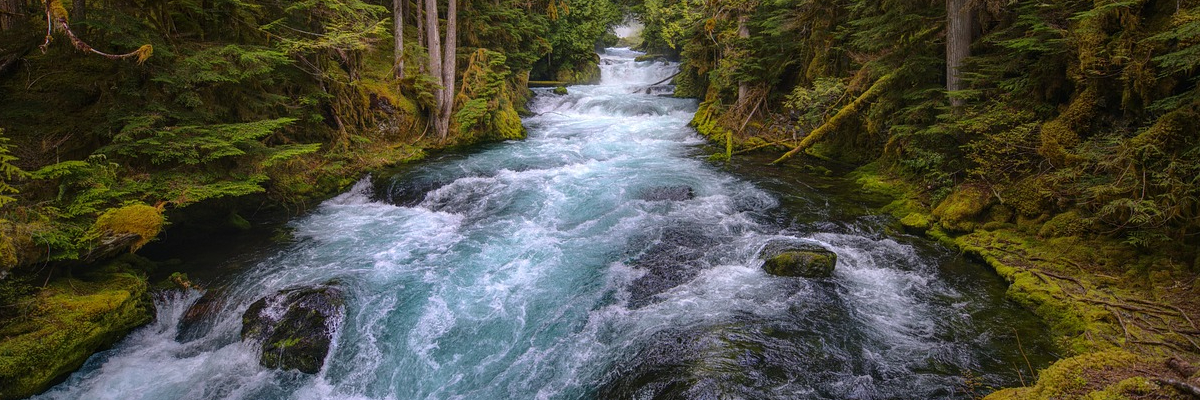The movement to grant legal rights to rivers is gaining ground and drawing inspiration from indigenous perspectives on nature. In Chile and elsewhere, this movement challenges the traditional Western view of rivers and water as mere properties and rights held by corporations, disregarding the rights of ecosystems and human communities. In Chile, for example, the water code treats water as a renewable resource and allows the trading of water rights to the highest bidder. This has led to the degradation of many rivers and their ecosystems, as well as ongoing conflicts among different stakeholders.
In some countries like New Zealand, Colombia, and India, steps have been taken to grant legal rights to rivers. For instance, in New Zealand, the Whanganui River has been granted the status of a legal person, while in Colombia, the Atrato River has been recognized as a "subject of rights" with the aim of protecting and restoring it. However, there are still questions and challenges regarding the practical implementation of these rights and how the interests of rivers, which lack a voice of their own, will be defended. In the future, policymakers will need to address these issues to protect the rivers and the communities that depend on them.
Indigenous perspectives, such as those of the Mapuche people in Chile, bring a profound understanding of the interdependence between humans and rivers and their importance for public health. For these communities, the conservation of the natural environment is essential for their mental and social well-being. By granting legal rights to rivers, there is an attempt to integrate this indigenous perspective into the legal system to protect the rivers and provide them with rights similar to those of humans. This could be the first step towards a new perspective where people see themselves as part of nature rather than at its center.
Source: E360

